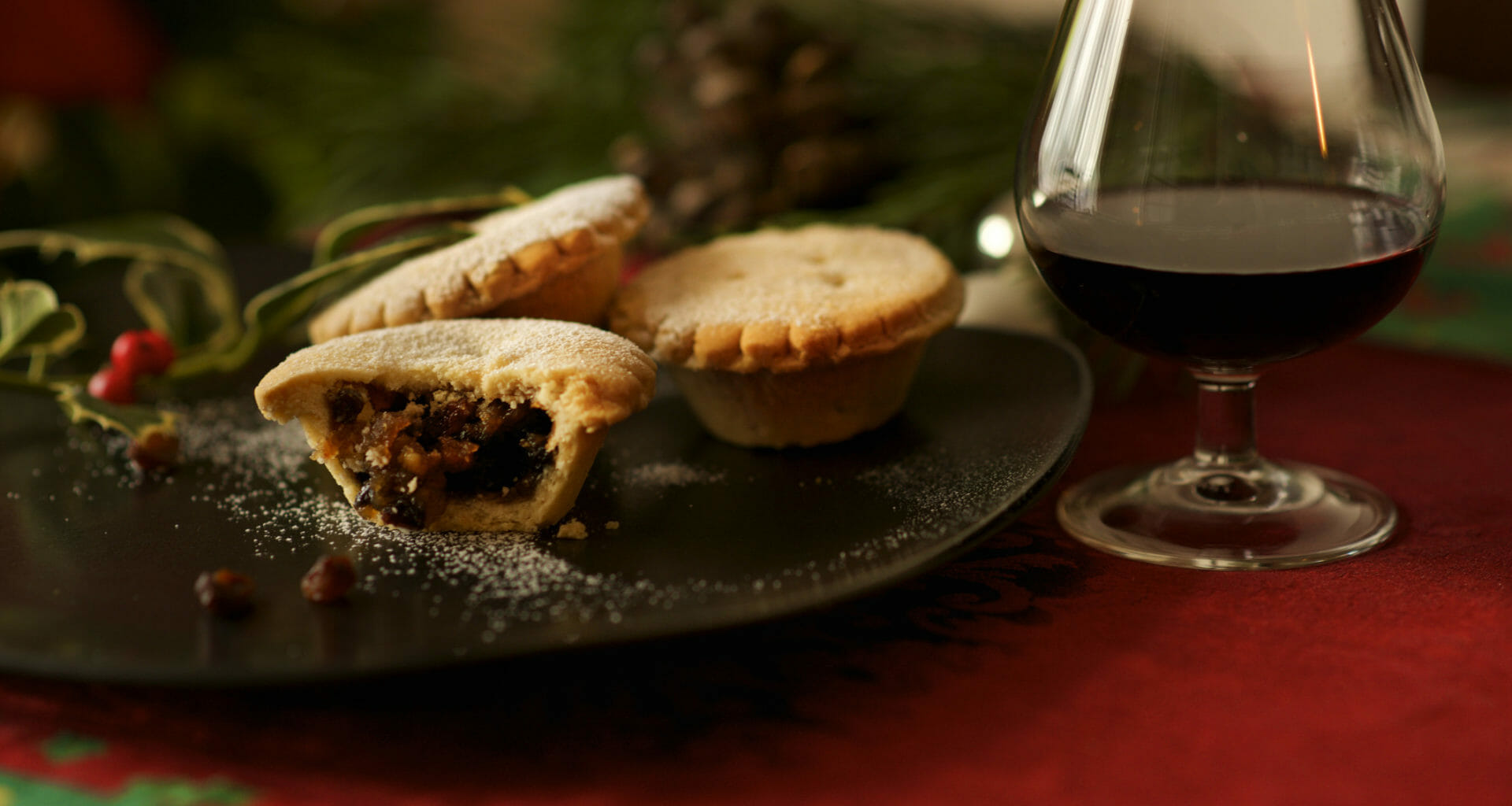One of the more enduring myths around Christmas in the UK involves the humble mince pie.
A number of social media posts have stated that eating mince pies on Christmas day is illegal, thanks to a law put in place by Oliver Cromwell.
“Mind what you eat on the 25th Dec because it’s technically illegal to eat mince pies on #Christmas Day in England. In the 17th century, Oliver Cromwell banned Christmas pudding, mince pies and anything to do with gluttony. The law has never been rescinded”.
Social media posts
Ferret Fact Service looked into this claim and found it False.
Evidence
Oliver Cromwell became Lord Protector of England, Scotland, and Ireland in 1653. This was a role that combined the head of state with head of government, which he took after the end of the English Civil War.
However, the assault on the traditions of Christmas began years before Cromwell took his position. The clampdown on festivities culminated in 1647, when a law was passed by parliament that abolished Christmas Day as a feast day and holiday in England and Wales.
It stated: “The said Feast of the Nativity of Christ, Easter and Whitsuntide, and all other Festival dayes, commonly called Holy-dayes, be no longer observed as Festivals or Holy-dayes within this Kingdome of England and Dominion of Wales.”
Suspicion about Christmas was widespread among Protestants across Europe at that time. During the medieval period, Christmas had been marked by religious services and special festive games, feasts, and heavy drinking.
This was seen by Puritans, a protestant movement defined by its religious rigidity and anti-Catholic position, as an excuse for sinful behaviour, and they thought it had no justification in religion. It was also seen as too closely aligned with Catholicism.
The protestant Scottish Kirk had abolished Christmas in the 1560s. While James IV restored the feast day in 1617, it was banned again in 1640 after his son’s defeat by the Scots.
The parliamentary register of the time records that “the Kirk within this kingdom is now purged of all superstitious observations of dates”.
Cromwell’s role in this was not central, although as a Puritan it is likely he was supportive of such measures, and he never acted to repeal the anti-Christmas laws once in charge.
So what about mince pies?
Mince pies do not appear to have ever been banned specifically, other than if they were part of festive feasting.
The mince pies of the time were very different to the ones we enjoy today. The ‘Christmas’ pie eaten in Cromwell’s time included actual meat, often cheaper cuts, and suet.
As one of the symbols of Christmas excess and feasting, mince pies would have been condemned by Puritans, and other protestants strongly opposed to festive celebration.
However, one of the earlier attempts by parliament to end the celebration of Christmas was to introduce a mandatory day of fasting. In 1642, Charles I agreed to a request from parliament that the last Wednesday in each month should be kept as a fast day, with the aim of restricting the feast day of Christ-tide (25 December).
In 1644 this fell on Christmas Day, meaning the day was officially a fasting day and mince pies would not have been allowed.
A parliamentary public order on observing the fast day stated: “our sinnes, and the sinnes of our forefathers, who have turned this Feast , pretending the memory of Christ into an extreame forgetfulnesse of him, by giving liberty to carnall and sensuall delights”.
These laws were controversial at the time, with many people still celebrating Christmas traditions, albeit in a more subdued and clandestine way.
In 1647, there were reports of rioting in Bury, Norwich and Ipswich, as well as public flouting of anti-Christmas legislation in London. Protests in Canterbury were so significant that control of the city was taken by the people, paving the way for a series of uprisings against parliament.
When did the ‘Christmas ban’ end?
Laws preventing celebrations surrounding Christmas ended when the parliament that enacted them dissolved, and the monarchy was restored in 1660.
Although legislation concerning Christmas had been put in place by parliament, it was held to be invalid as it had not received Royal Assent.
Christmas was able to be celebrated openly again, and the various laws against the festive period were not upheld.
Ferret Fact Service verdict: False
While Oliver Cromwell was Lord Protector an effective ban on Christmas was in place in the mid 17th century, he did not put in place the legislation itself. It is clear he supported it and enforced the various laws meant to stop celebrations, but was not part of the parliament which initiated the ban. There is no evidence that mince pies were specifically banned, and none of the laws banning Christmas or any banning mince pies survive to this day.

Ferret Fact Service (FFS) is a non-partisan fact checker, and signatory to the International Fact-Checking Network fact-checkers’ code of principles.
All the sources used in our checks are publicly available and the FFS fact-checking methodology can be viewed here.
Want to suggest a fact check?
Email us at factcheck@theferret.scot or join our Facebook group.
Photo thanks to iStock/fiorigianluigi.
Correction: James I is James VI of Scotland, and his son was defeated in 1640.














